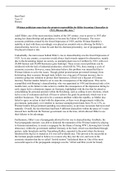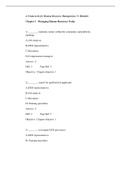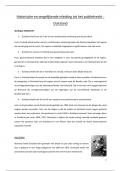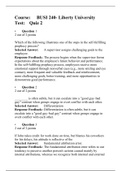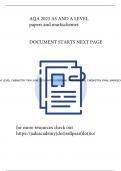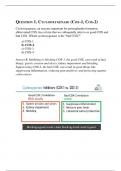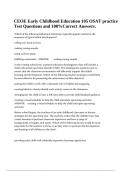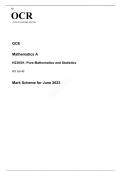Essay
Essay - “Weimar politicians must bear the greatest responsibility for Hitler becoming Chancellor in 1933, Discuss this view.”
- Course
- Institution
- Book
Adolf Hitler, one of the most notorious leaders of the 20th century, rose to power in 1933 after uniting his chancellorship and presidency to become the Fuhrer of Germany. The socio-economic problems created by the Great Depression of 1929, and the Weimar Republic’s inability to deal with them ac...
[Show more]
